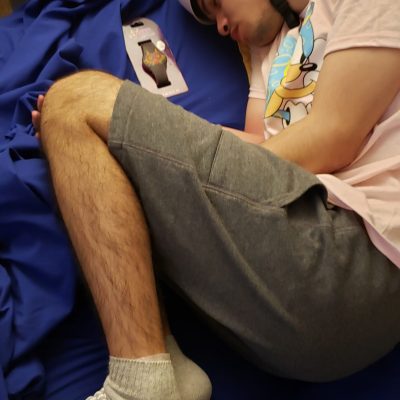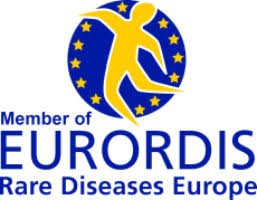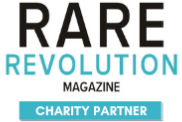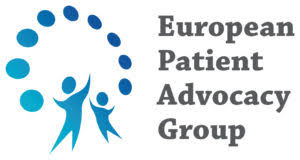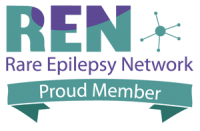Ring chromosome 20 syndrome [r(20)] is an ultra-rare epilepsy syndrome which is predominantly characterised by frequent and severe seizures. To understand the extent of how it affects those living with the condition, we interviewed three mothers and asked them about their experiences raising children who have been diagnosed with r(20).
The diagnostic journey
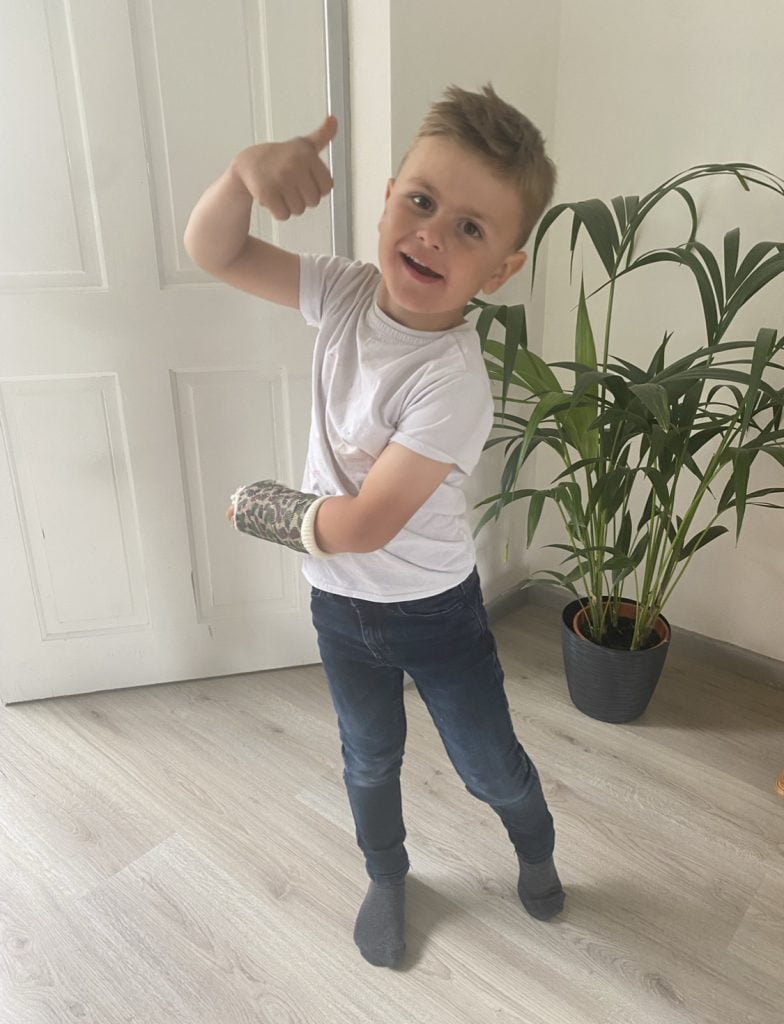
The diagnostic journey is often quite challenging for those with r(20) syndrome since the rarity of the condition means it is not well known within clinical and neurological spheres (Peron et al., 2020). Therefore, diagnosis can be quite a lengthy process. One mother shared with us her experience of trying to obtain a diagnosis after noticing developmental issues in her son from 18 months old, mentioning how she had to fight through a financially draining process to be seen by a variety of specialists merely have her son’s symptoms heard, filtering through a plethora of different diagnoses, unrelated to epilepsy, before medical professionals – by pure chance – found her son to possess ring chromosome 20 cells around the age of 10. Another mother we interviewed, fortunately, did not have to wait too long for her son’s diagnosis, but whilst a diagnosis can offer clarity, the treatments that follow are unfortunately trial and error, with treatment primarily focusing on the reduction of symptoms rather than prevention or cure. Her son’s treatment process involved numerous medications, all with limited effectiveness. Fortunately, now her son, age 6, has amazingly been seizure free for just over a year, and she prays that “hopefully circumstances won’t be as bad as they were last time”, should her son’s condition worsen once more.
The impact of seizures
Unfortunately, some families never experience a decrease in symptoms despite an abundance of hospital admissions and medications. We listened as one mother shared how her son experienced up to 70 seizures a day after his diagnosis, with treatments offering no relief and often worsening her son’s symptoms. At one point, her son’s seizures got so severe that he had to be medically induced into a coma in order to prevent organ failure. His mother shared that “their next step was to just induce a coma, to preserve his vital organs because they told me he can’t keep having these seizures every 5 minutes and live, you know, it’s gonna kill him”. Unfortunately, coma inducement has had to be repeated several times over the last few years, including during the pandemic when his mother was unable to visit him in hospital – challenging for both parents and the hospital staff having to manage his behaviour alone as he came round. Hearing about this experience during the interview was heart-breaking, and we cannot begin to imagine the pain that this mother – just like so many other mothers who care for a child with r(20) syndrome – carry around with them every day. Now, she is a full-time carer for her son, as the severity of his seizures and the challenging behavioural issues they cause mean that he is not a viable candidate for alternative care facilities.
“their next step was to just induce a coma, to preserve his vital organs because they told me he can’t keep having these seizures every 5 minutes and live, you know, it’s gonna kill him”.
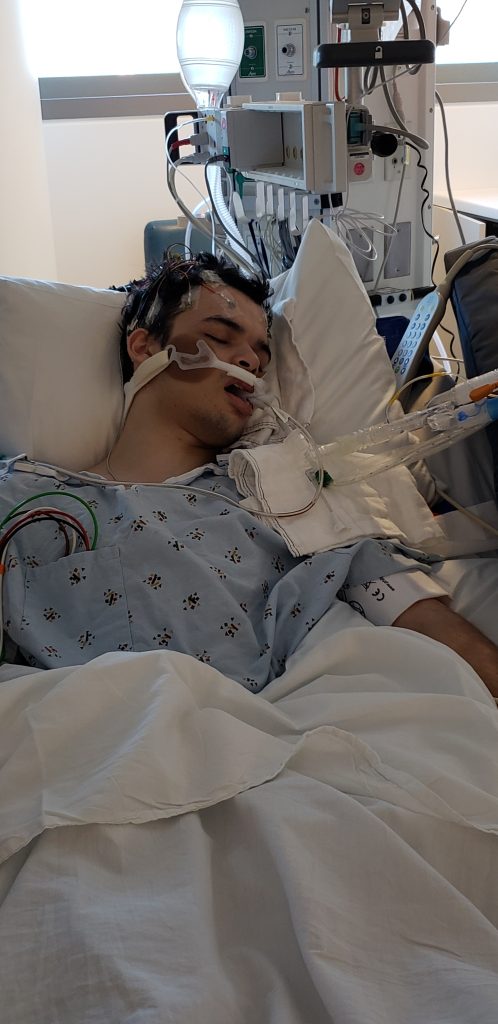
Challenging behaviours
When discussing these behavioural issues, which are so commonly a symptom of r(20) syndrome, his mother said that “I know he doesn’t mean to hurt me, but it still doesn’t make it any less frightening”. She further touched on the despair she feels in response to these behavioural issues, saying how when he is “throwing things and breaking things and just being miserable, [she doesn’t] know what’s going on in that brain of his”. “my life is just horrible! My life is just suffering, and this means I have to watch my son suffer every day, and caregivers are few and far between.”
“I know he doesn’t mean to hurt me, but it still doesn’t make it any less frightening”.
“throwing things and breaking things and just being miserable, [she doesn’t] know what’s going on in that brain of his”.
“my life is just horrible! My life is just suffering, and this means I have to watch my son suffer every day, and caregivers are few and far between.”
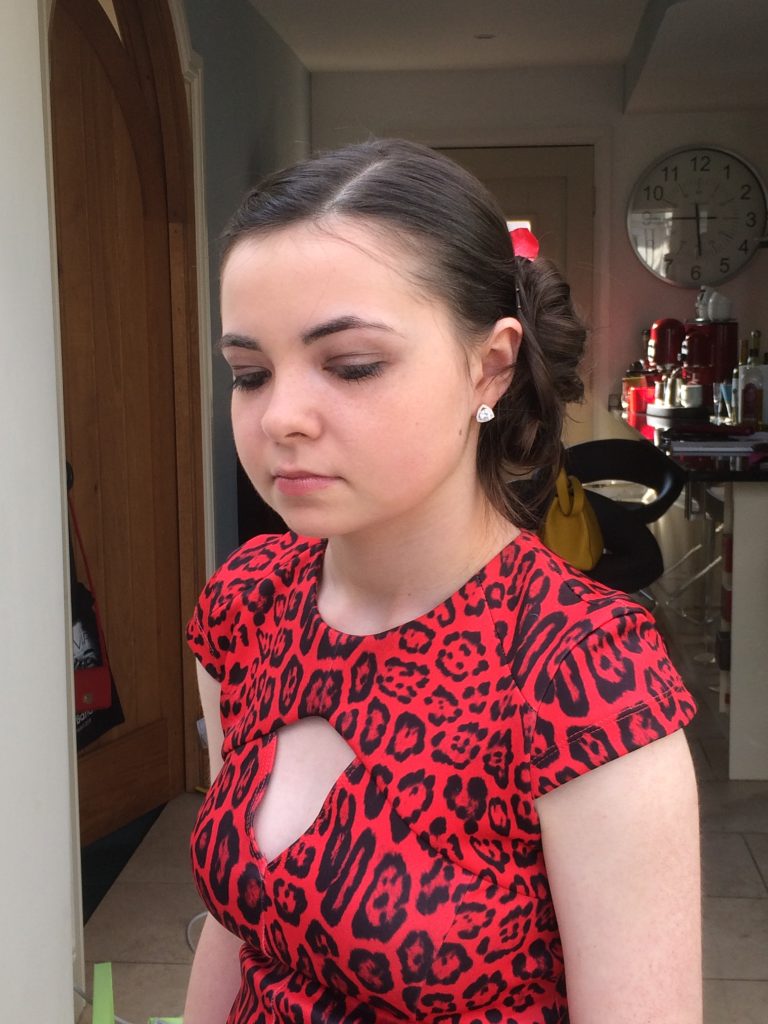
Experience with challenging behavioural issues was common amongst the mothers we spoke to, with two children having run away as a result of increased impulsivity and hyper-activity. Regretfully, medical side effects can also worsen these symptoms. One mother shared how the medication ‘Keppra’ had led behavioural changes in her daughter, referring to it as “Keppra-rage”. Her daughter still experiences non-convulsive seizures during the day, with the frequency of seizures significantly rising during the night, and to this day, doctors have been unable to find an effective medication to eliminate these symptoms, despite arduous attempts. Her mother believes that side effects of the multiple medications have contributed to her daughter now having to use a wheelchair and live in a residential care home at the age of 24. As her support needs can no longer be met at home, Ring Chromosome 20 Syndrome has also caused a substantial cognitive decline which has impacted on her daughter’s ability to interpret information and produce speech at the rate of her peers. Her daughter is not an isolated case, regrettably cognitive decline is another common devastating side effect of the all-consuming condition (Gahr et al., 2011).
The wider burden of r(20) syndrome on the family
Understandably, as there is no set treatment path to entirely eliminate symptoms, the emotional and financial strain associated with caring for someone with r(20) syndrome can be tremendous. When discussing how the condition had impacted one mother, she discussed that “it’s just exhausting and tiring… your whole life goes into the condition and basically, nothing else exists when you’re in it” and as a sole carer for her son, she had to give up her business to look after him full time, applying for financial support with the help of Ring20. This experience of stress and emotional hardship appears universal amongst those living with r(20) syndrome, with another mother sharing how emotionally she feels “angry and hopelessly bloody helpless”.
A consensus was found amongst these mothers that helping care for those with r(20) syndrome comes with a plethora of support needs, often unmet due to a lack of outreach resources which are meant to provide assistance. When interviewed, one mother opened up about how physically demanding living with r(20) syndrome can be, saying “in that moment I needed physical help… I was run down emotionally, and there was just no physical help whatsoever, and no one seemed to understand the severity of the situation”.
She isn’t alone in this – another mother shared her anguish at the lack of support available, remarking “my life is just horrible! My life is just suffering, and this means I have to watch my son suffer every day, and caregivers are few and far between.”
“it’s just exhausting and tiring… your whole life goes into the condition and basically, nothing else exists when you’re in it”
“angry and hopelessly bloody helpless”.
“in that moment I needed physical help… I was run down emotionally, and there was just no physical help whatsoever, and no one seemed to understand the severity of the situation”
“my life is just horrible! My life is just suffering, and this means I have to watch my son suffer every day, and caregivers are few and far between.”
What role does the Ring20 patient group play?
The charity Ring20 offers support to those suffering from r(20) syndrome and their families in a multitude of ways, from offering a community to decrease the isolation so commonly felt within the rare disease community, to offering practical steps to obtain financial advocacy and support to help alleviate the financial burden that comes from living with r(20) syndrome. When asked about Ring20 and the services they provide, these mothers shared how Ring20 had helped in multiple ways, such as “the timeframes and stuff with things like the EHCP [Education Health Care Plan] and the DLA [Disability Living Allowance] benefits” concluding that “the real connection makes a big difference because we’re all in the same boats as well” with the sharing of stories helping to provide “more peace of mind” highlighting how simply offering this support can go a long way towards minimising the isolation and the anxiety associated with feeling alone in one’s traumatic experiences when suffering from an ultra-rare disease.
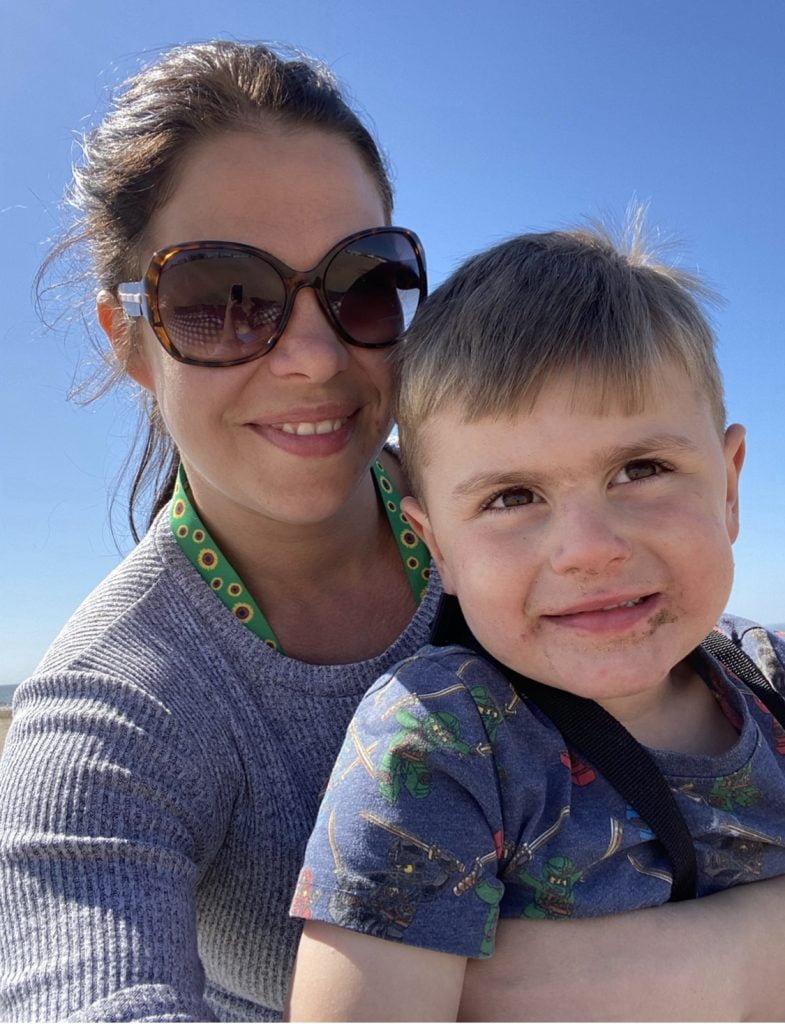
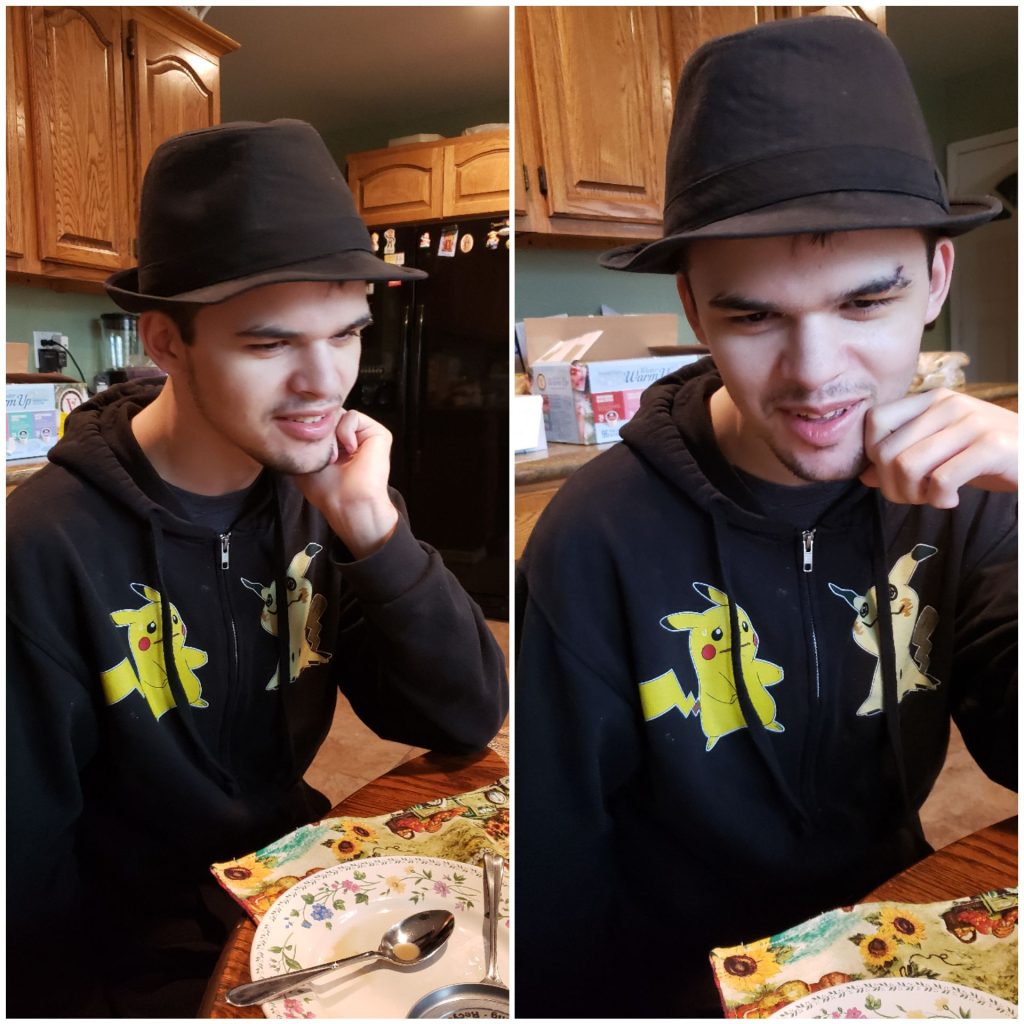
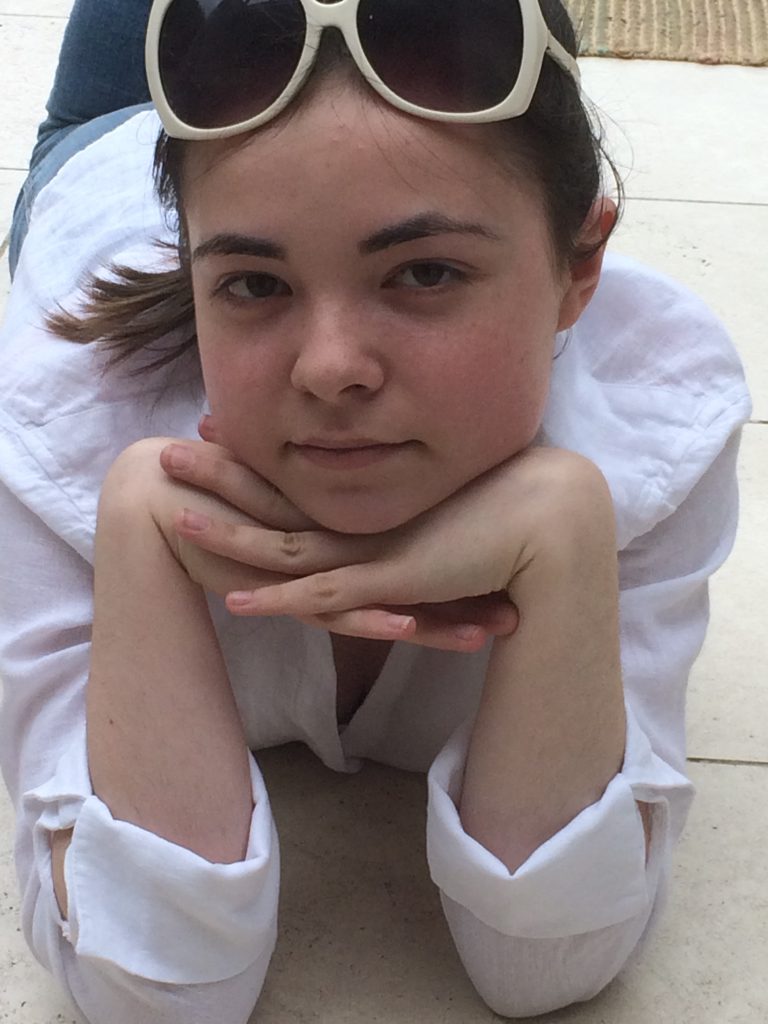
“the real connection makes a big difference because we’re all in the same boats as well”
“more peace of mind”
Sharing their stories was an emotionally taxing experience for these mothers, but despite this, they were determined to raise awareness around the reality of the r(20) syndrome in the hopes that charities like Ring20 will get the support they need to continue offering a safe haven of advice and belonging to all those affected by this condition.

